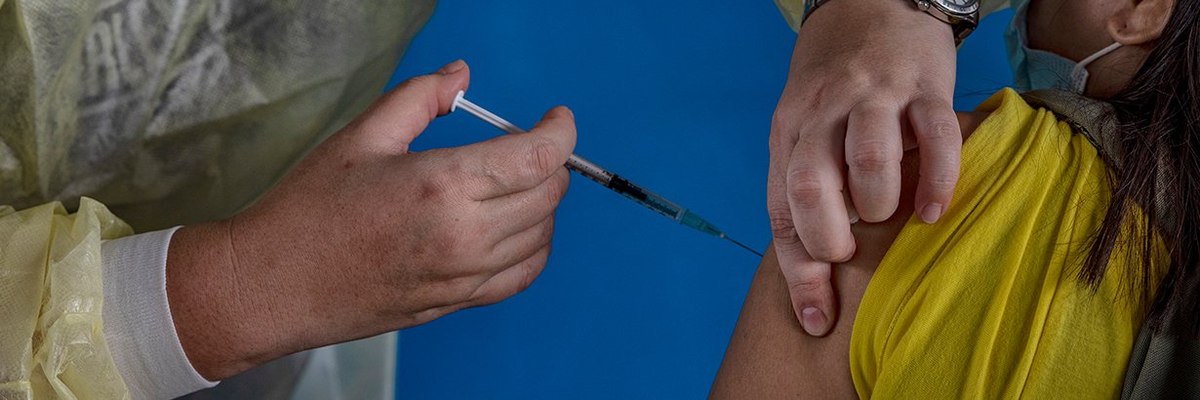
How safe are the COVID-19 vaccines seen as internationally?
Pfizer and Moderna’s vaccines are seen as safe across the board
With vaccination programmes in force across the world, a new YouGov study, conducted in 38 markets, shows how safe people consider several of the different vaccines to be.
Pfizer, AstraZeneca, Moderna, Johnson & Johnson and Sputnik V
The results show that both the Pfizer and Moderna vaccines receive a net positive safety score in every market surveyed, meaning that more people in each place considered that vaccine safe than considered it unsafe.
They are also seen as safe by wide margins – the lowest score the Pfizer vaccine received was +22 in Bulgaria, where 48% see it as safe compared to 25% who see it as unsafe. The Moderna vaccine receives its lowest score in Egypt (+18), where it is not widely known, but nevertheless is seen as safe by twice as many as not (36% vs 18%).
Of the two vaccines, the Pfizer offering is generally considered to be superior. In 32 of the 38 areas studied, Pfizer was the most likely to be considered safe. This was the case in only three for the Moderna vaccine: Taiwan, Switzerland and Romania.
The Johnson & Johnson vaccine is also generally seen as safe, although it tends to score much lower than Pfizer and Moderna. It also receives negative net safety scores in three countries: Switzerland (-3), France (-5) and Denmark (-16). Use of the vaccine has been banned entirely in Denmark, following a blood clots scare in May. The J&J vaccine is most likely to seen as safe in Thailand, at +59.
The troubled AstraZeneca vaccine is seen as more unsafe than safe in nine countries, in some of them substantially so. The countries giving it a negative score are all European, including -20 in Italy, -26 in France, -30 in Denmark and -36 in Bulgaria. The AstraZeneca vaccine is most likely to be seen as safe in Britain – from which it originates – at +62.
Russia’s Sputnik V vaccine is the most likely to be seen as unsafe, receiving a negative net score in 11 places. Ten of these places are in Europe* (the exception being Taiwan): the vaccine has not been approved by the European Medicines Agency, although it has nevertheless been rolled out in Hungary (where it scores +30). People in Bahrain are the most likely to consider the vaccine safe, at +53.
Sinopharm, Sinovac and Covaxin
The study also looked at perceived safety of other vaccines in a smaller portion of countries (as such vaccines are unlikely to ever be used in most of Europe and America).
In the 18 places where we asked about the Sinopharm vaccine, it received a positive net safety score in all but one: Taiwan, at -4.
The Taiwanese are even more sceptical of the Sinovac vaccine, giving it a score of -27. Thai people are also torn on Sinovac, with a net score of -1. In the other five places YouGov asked about Sinovac – Singapore, Vietnam, Indonesia, Malaysia and the Philippines – the vaccine received strongly positive scores of between +32 and +66.
Covaxin, an Indian-developed vaccine, receives positive net scores in all eight places where we asked about it, ranging from +8 in Taiwan to +42 in Vietnam.
*We did not ask about Sputnik V in the USA